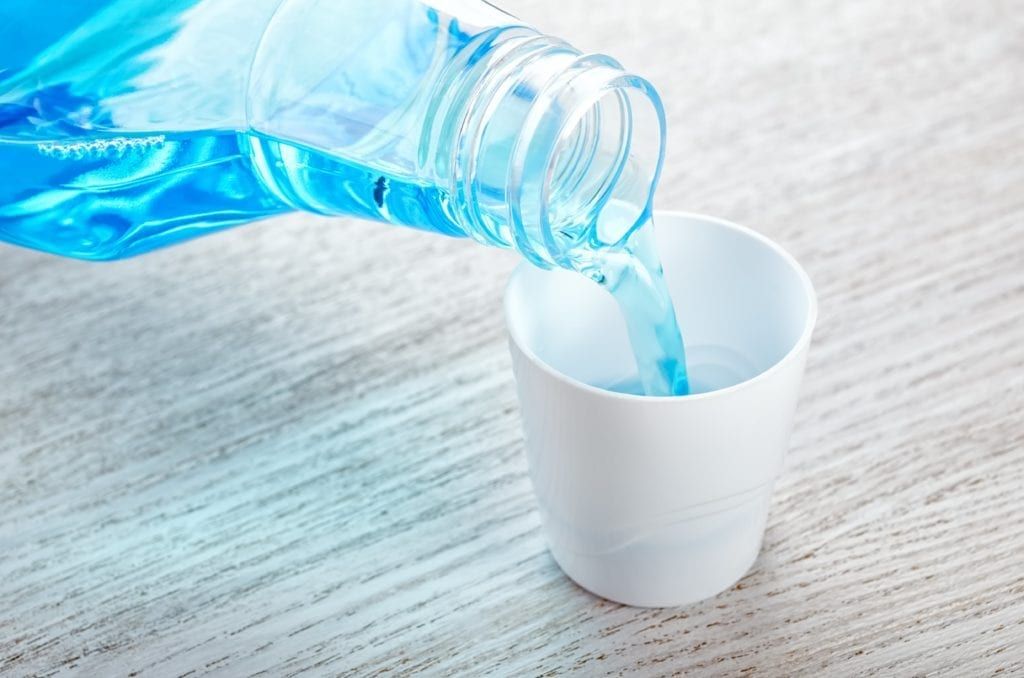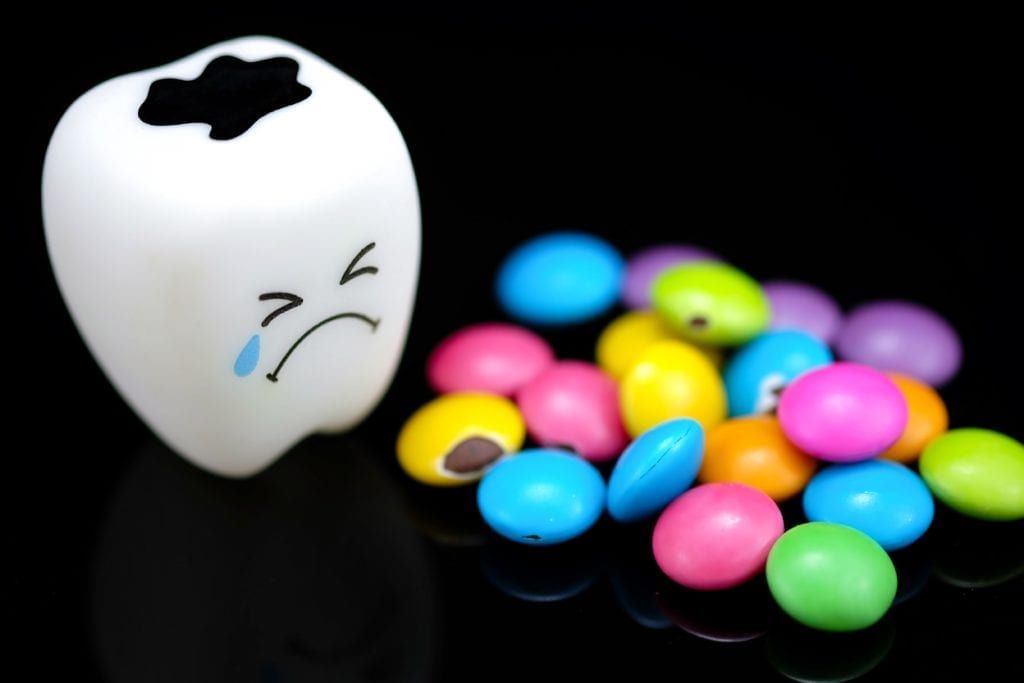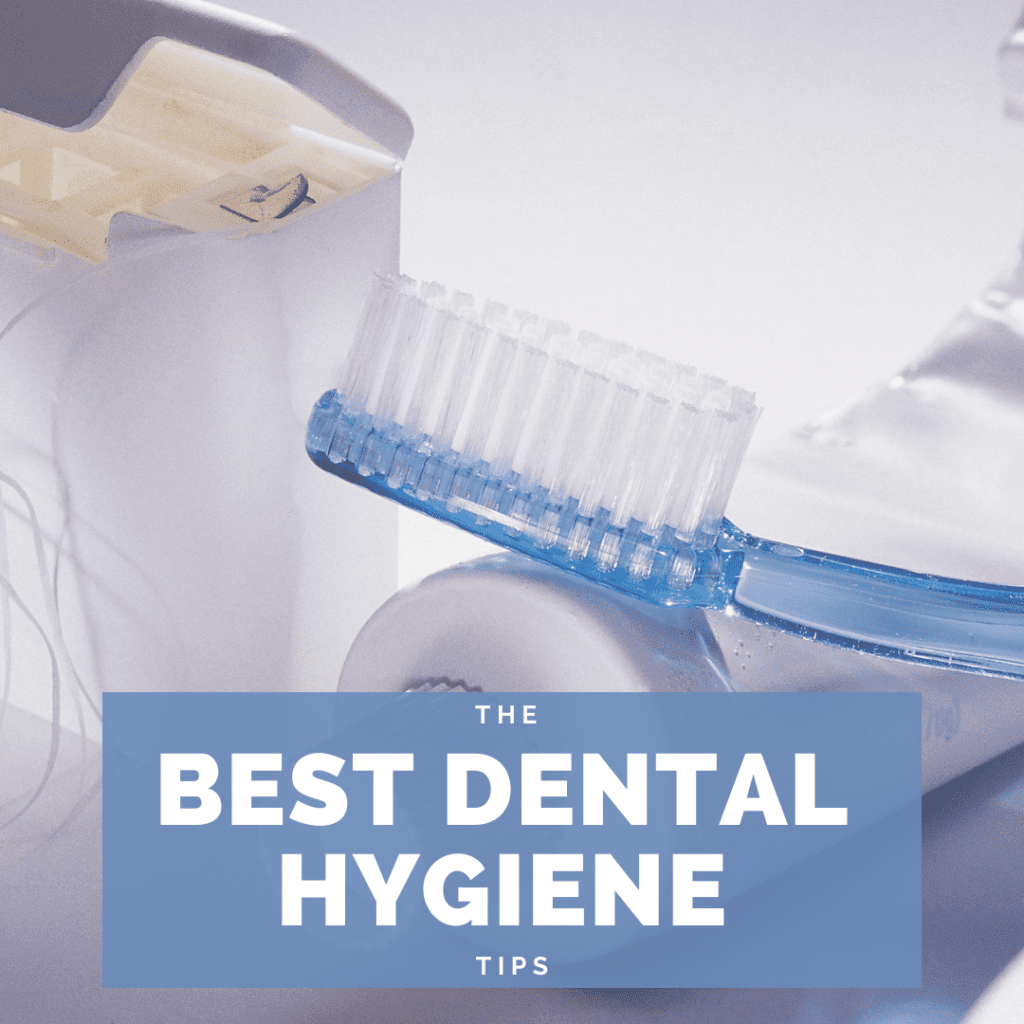The month of October is National Dental Hygiene Month. Throughout the entire month, dentists and their hygienists work together to promote proper dental hygiene through raising awareness on the importance of dental hygiene, as well as educating their patients on the best oral hygiene practices. As all of us here at Channo DDS celebrate National Dental Hygiene Month, we’d also like to stress the importance of proper dental hygiene.
Dental hygiene refers to the way you keep your teeth, gums, and surrounding oral structures clean. While the body does produce saliva, which is a natural way of self-cleaning, depending on this alone to keep your mouth clean is not enough. This is because bacteria often reproduce at a fast rate, especially within dental plaque. Plaque is the clear film that sits on the surface of your teeth and acts as shelter for bacteria. Because plaque also traps food particles, it provides the bacteria with a food source as well.
Therefore, dental hygiene practices such as brushing and flossing are needed to remove plaque and bacteria accumulations. To make sure you are using the best dental hygiene practices, here are some of our dental hygiene tips:
Brush and Floss Everyday
One of the most important ways to improve your dental hygiene is to make sure you are brushing and flossing everyday. You should be brushing your teeth twice a day for two minutes using fluoridated toothpaste. Ideally one of the times you brush your teeth should be just before going to be. In addition to brushing, flossing is another important daily behavior. However, it is only recommended to floss once a day since too much flossing can cause gum irritation.
Use Mouthwash

Mouthwash can also improve your dental hygiene. They work by decreasing the amount of acid in your mouth, helping to mineralize the teeth in order to prevent decay, and to let you clean hard to reach areas. However, mouthwash works best when it is used in addition to regular brushing and flossing. It should never be used as a replacement.
Visit Your Dentist
Of course part of improving your dental hygiene is visiting your dentist at least twice a year for a dental cleaning and exam. Professional teeth cleanings are performed by a dental hygienist who is an expert in dental hygiene. Not only will they be able to effectively and comfortably be able to remove plaque and tartar (hardened plaque) from the surface of your teeth, but they will be able to answer all your dental hygiene questions.
Drink Water
Drinking water has a variety of benefits. In regards to your oral health, it can improve your dental hygiene by decreasing acidity in the mouth and rinsing out food debris . in fact, it is recommended to drink water immediately following any meal in order to “clean” your teeth from food particles.
Avoid Sugary Snacks

Sugar is tooth enamel’s worst enemy since it feeds the bacteria responsible for tooth decay and gum disease. After consuming sugar, these bacteria produce and expel an acidic waste product that erodes tooth enamel. Overtime, this erosion can develop into a dental cavity. By reducing the amount of sugar consumed, you will inhibit the growth of bacteria populations and decrease your risk of tooth decay. Instead of sugary snacks, try snacking on crunchy vegetables instead since they reduce plaque formation.


